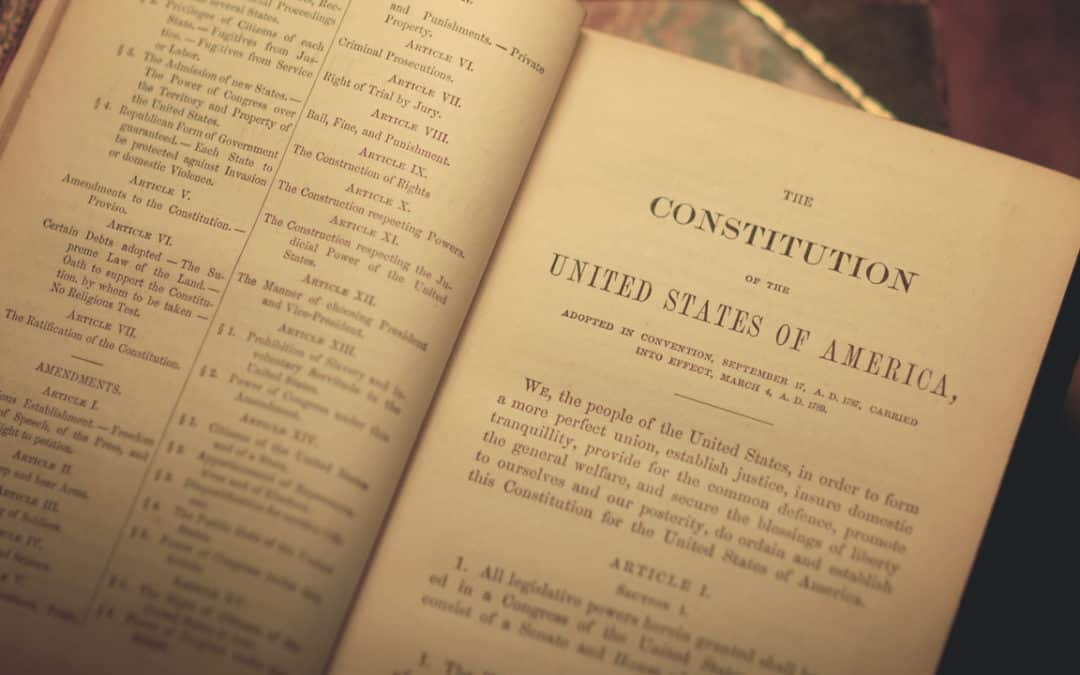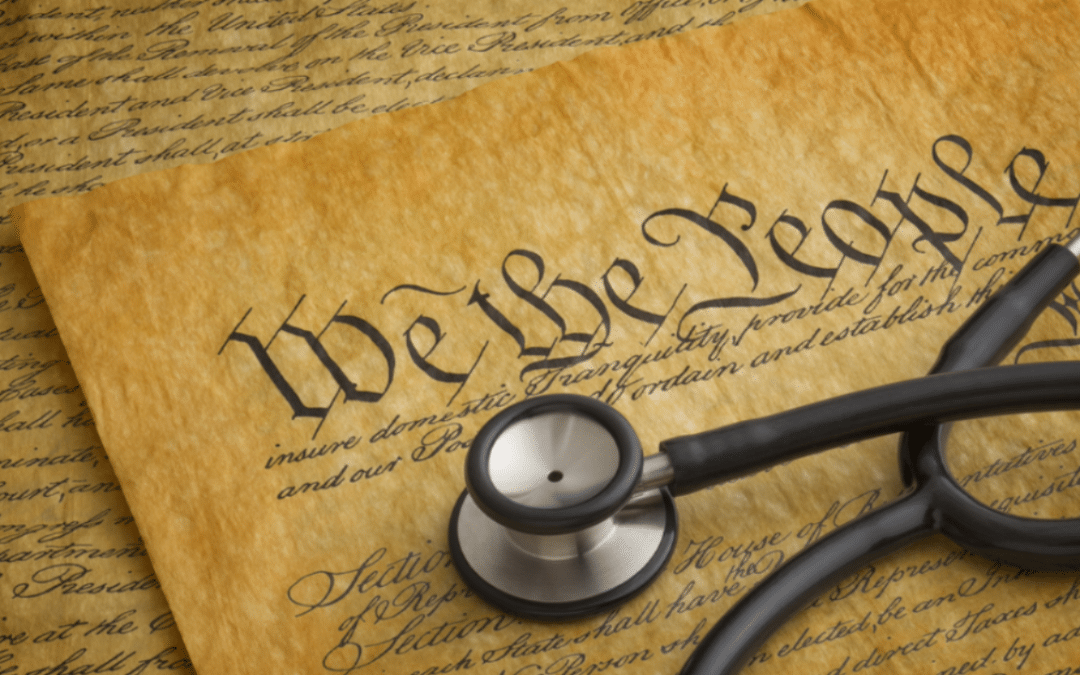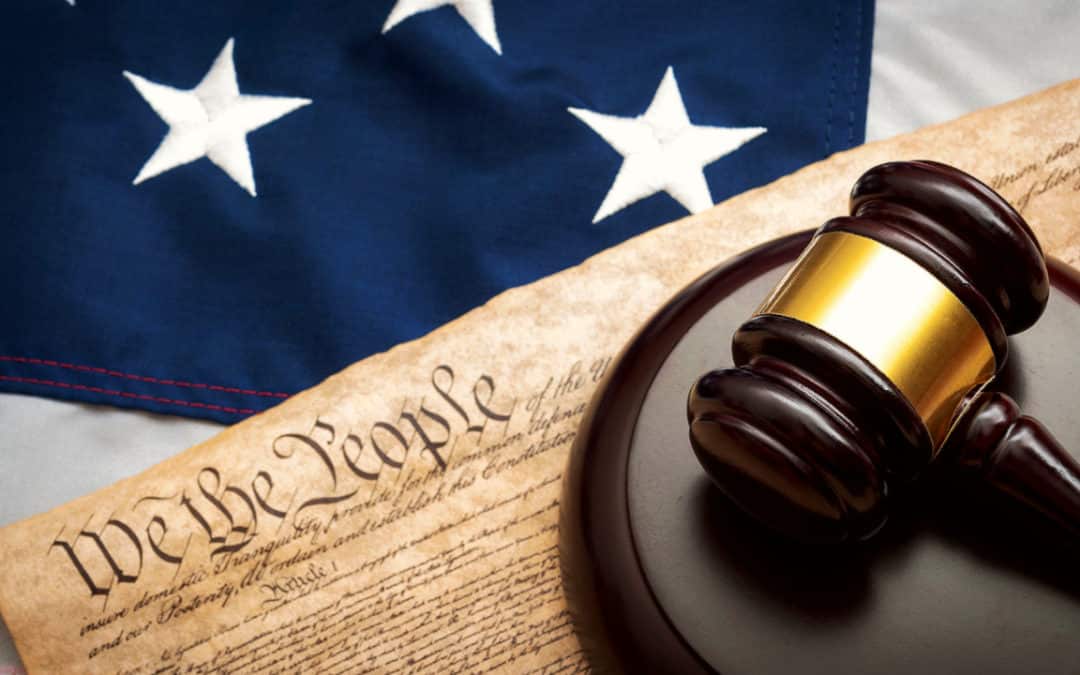


Necessary is Supposed to Mean Necessary
When the Constitution was ratified, the word necessary meant, well, necessary. But in the dystopian “future” we live under today, words don’t mean what they actually mean. They always mean something else – whatever supporters of the monster state can use to...
Necessary Does not Mean Useful or Convenient
One of the most famous and important Supreme Court opinions is from the 1819 McCulloch v. Maryland case. It set the stage for massive expansion of federal power by incorrectly defining the Constitutional meaning of the word “necessary.” In its majority opinion, SCOTUS...
Alexander Hamilton’s “Implied Powers” Wrecked the Constitution
During the ratification debates, supporters of the Constitution insisted that the new general government would only exercise the powers explicitly enumerated in the document. But less than three years after ratification, Alexander Hamilton did a complete 180, suddenly...
